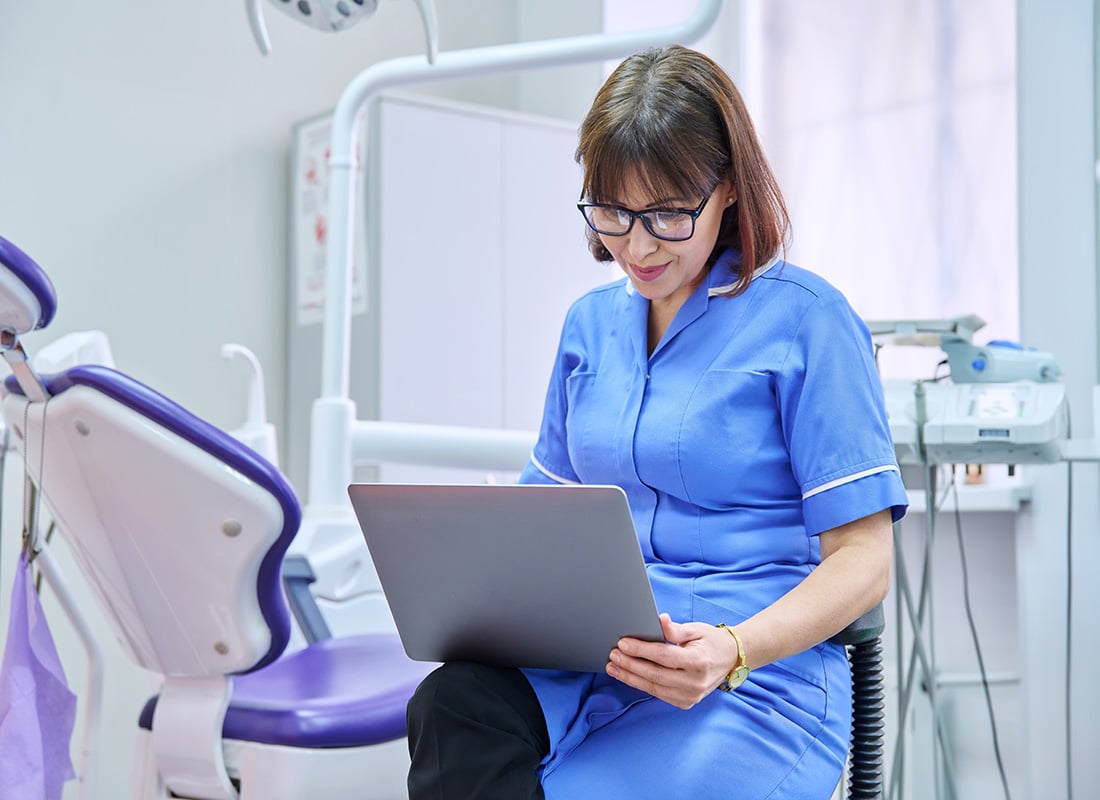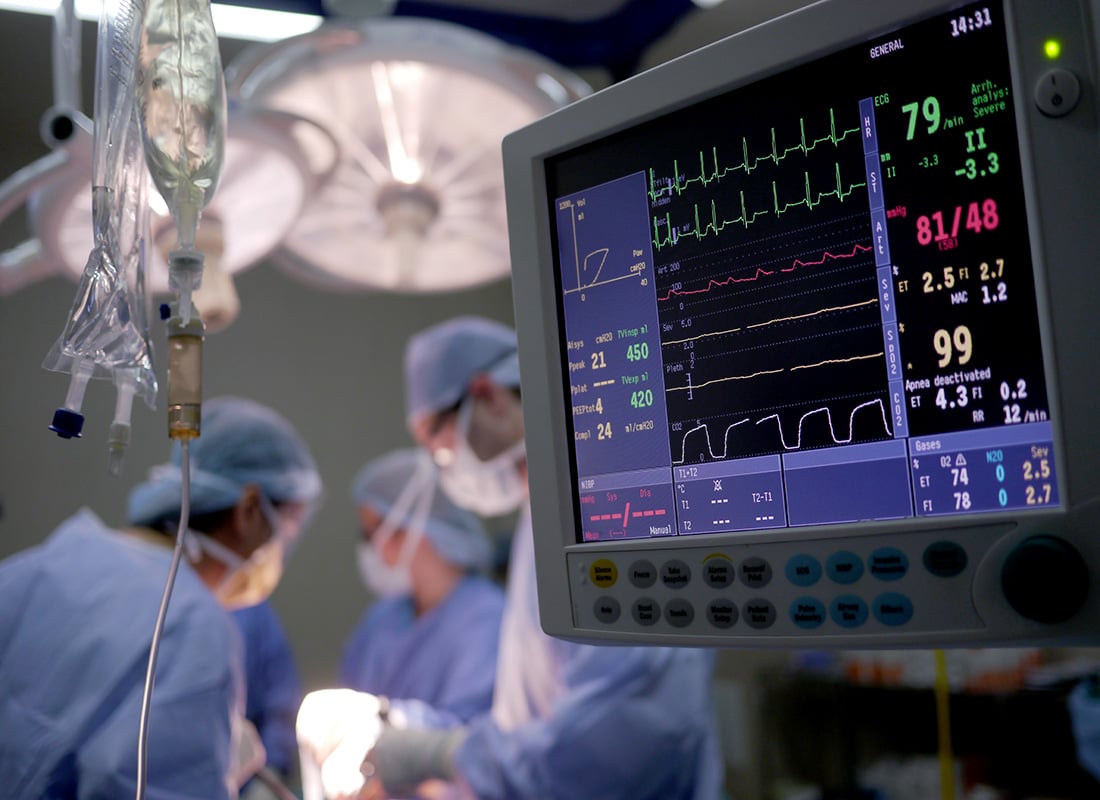Q. Tell us about your day job.
I lead a major programme called Digital Collaboration Service, which is the replacement of what, traditionally, was the email services, across health and care. And what we’re doing is not only ensuring that we deliver secure email services, but also exploit and deliver digital collaboration services; like video, messaging and the like.
I’m also an Associate Vice Chair at BCS, concentrating on equality, diversity and inclusion. I call myself a black man who’s done well. I see, sometimes, that we have in our industry, especially in technology, an awful lot of people who are not the standard middle-class white males, with capabilities and opportunities that are not necessarily tapped into. So I hold my space in BCS, trying to encourage some of that untapped talent that’s out there.
Q. Why did you join the NHS? You moved from banking into the NHS?
Correct. I started my working career in delivering to the NHS. My first job was a programmer delivering GP systems. I started in that space 26 years ago. And I spent five years there. But my focus area has always been technology. But I had a desire not to be pigeonholed; I always felt that my expertise or my chosen knowledge area of technology was very transferable. I used that and stepped around in different industries. I spent a bit of time in pure IT organisations, both in infrastructure and then in software. And then I moved into banking, where I applied my technology skills, experience and knowledge into the banking world.
I did a few stints elsewhere; I even did a contracting stint at Daimler-Chrysler, which was interesting. But my speciality has always been technology. I then spent quite a bit of time with what became Lloyds Banking Group. The banking world is an interesting space. You have to deliver the best service because the competition is very strong.
Q. How do you think it will look and feel to work in tomorrow’s NHS?
Well, tomorrow’s NHS requires not just continuous technology advancement; I think that’s the easy bit. It’s going to need a real mindset and business change. And that mindset and business change is at both ends. I see the future of the NHS where we deliver services that allows me and you, as patients, to be able to do a lot of things ourselves - monitor our health via wearable devices etc.
The frontline of health is more about utilising data to inform the next step. If we all, for example, can monitor our activity, our heart rate, our blood pressure, hydration level, etc. we’ll be able to be alerted proactively about things that we need to be concentrate on. That will allow us to take more care of ourselves, and also be more informed.
The future of health is, from the provider perspective, about having the right data and information that allows them to make decisions on the floor rapidly. My view of the future is that we start getting to the position where we use data and information to help us to diagnose at a quicker point, and allow the system, to alert us at an earlier stage.
Q. What makes it such a great place to work?
What keeps me here is that we’re doing things that make a difference to the public, and that public is often ourselves, our own families and friends. My whole thought process is: ‘Am I improving care to the individual out there?’ I think we all ultimately care about individuals, want to help people, and make all our lives better. That’s what keeps me with the NHS. Doing something that is worthwhile kicks into your psyche.
Q. How important is digital transformation to safeguarding the NHS’s future and patient safety?
Imperative, and the reason why is... volume. We’ve got a volume problem, or capacity problem. We’re all living longer because of the advancement in health and care. However, the physical capacity on the ground is not growing at the same rate. We have to look at doing things differently. And therefore, digital - whether it’s automation or efficiency - has a huge part to play in that space.
A lot of people go and use the health service for information or reassurance. And that is our biggest problem on demand. People still get ill and we need to care about that. But the problem is, you have to wait at the back of the queue because there’s six people before you that need just some information and confirmation. We could provide that using digital technology. Digital is imperative, I believe. It frees up capacity to do the things that we have to do by ‘pressing the flesh’, as I call it. We’re all becoming digitally savvy; most of us own smartphones, we all use Google to find information; we all check something out before we go and take action. And that’s where I think digital is imperative.
Q. Of all the NHS projects, you’ve been involved in, which ones are you most proud?
I think I’m most proud of NHS Choices. What we did in NHS Choices was be very clever, very efficient around search engine optimisation. Getting the information that is key to people at their fingertips.
Interestingly, obviously, things happen seasonally - the start of school term, the lead up to Christmas, the summer periods. What we did was basically monitor people and provided the information that would assist them and reassure them, allowing them to do things themselves. We did loads of people surveys. We built it up by doing that very well. We got maybe half a million people looking at it every single day. And some of the information - the stats that I used to get - was amazing. It stopped people needing to go to the doctor, because they could read some information that says: ‘actually you don’t need to worry about that.’ Conversely, we were very diligent when giving the information that said: ‘You know, you need to go to the doctor at this point. You need to go to A&E’. Getting the right balance that people want, information and reassurance, was the thing that I’m most proud of.
Q. What about NHS Mail?
NHS Mail is now an everyday piece of work. And it’s about using mail in collaboration to change the way we move information around securely. And to look at opportunities to change the way we do care and the way we communicate with each other.
What NHS Mail, and this digital collaboration solution, brings is the ability to move out of physicality and into a virtual entity. We have a multi-disciplinary team meeting via video. Everyone can see everyone. People try it with telephones and teleconferencing, but there is something about being able to see the white in someone’s eyes. We did a pilot recently, with seven professionals from across town. Because it was a virtual room it meant that 10 - 12 hours was clawed back to delivering direct patient care.
That, for me, is where my current NHS Mail digital collaboration is going. We’ve now just got to get that out there as the norm. That had better be my next proud achievement!
NHS Mail, technology-wise, is great. It’s the biggest single email migration in a single tenancy taking place in the world, but we must not become complacent.
Q. What advice would you give to somebody looking to embark on their digital health career?
I think my advice would be: the technology is simple. I don’t think we’re trying to do anything that hasn’t already been done. We’re not breaking new ground in rocket science. But it’s being able to find a way to utilise the technology that will make the difference.












